Reason is the only thing that can free a human being—the less rational a human being’s life, the less free it is.
You ask how to attain freedom? For this you must learn to tell the difference between good and evil on your own, not at the direction of the crowd.
— Seneca
If you have no desire to pursue the evil of ambition, then there is no virtuous deed that is beyond your power.
— Chinese wisdom
The best way to become unconquerable is to conquer yourself. The best way to have no master is to master yourself.
— Eastern wisdom
To attach yourself to a particular idea is almost the same thing as to tie yourself to a post dug into the ground. The measure of freedom a person will enjoy will depend wholly on the length of his rope, and the greatest freedom will be enjoyed by the one who attaches himself to the idea of the common good.
— Lucy Mallory
Only he lives freely who finds joy in the fulfillment of his duty; who has thought thoroughly about the path of life which he will have to travel; who does not obey the law of morality out of fear but respects and follows it because he considers it the right thing to do; above whom there is no other power than his own desire and judgement.
— Cicero
We can only say that a person is free if he lives the way he wants to. A rational person always lives the way he wants to because he wants only the things that are attainable. And that is why only a rational person is free.
No one wants to be guilty; no one wants to lead a life of delusion and unrighteousness; no one intentionally chooses a life for himself that will make him suffer and feel sad; no one would say that he wants his life to be vile and debauched. Therefore all who lead an unrighteous life do so not because they want to, but against their will. They do not want to feel sadness or fear, and yet they are always suffering and afraid. They are doing that which they do not want. Therefore, they are not free.
The sage Diogenes said: “Only the one who is always ready to die is truly free.” He wrote to the Persian king: “You cannot make slaves out of those who are truly free, just as you cannot enslave the fish. If you capture them, they will not submit to you. And if they die while in your captivity, then what benefit do you gain by capturing them?”
This is how a free human being speaks—such a human being knows what true freedom consists in.
— Epictetus
We have made our lives contrary to both the moral and the physical nature of the human being and, leading such lives, we want to be free.
Obedience is good and necessary if it is obedience to goodness and truth, but if it is obedience to that which is bad and false, then, on the contrary, it is the highest degree of human baseness and humiliation.
— Carlyle
The one who is engulfed in the flame of passionate desires, who craves pleasure, grows his lusts and puts himself in chains.
The one who thinks only about the joys of tranquility, who, immersed in his contemplation, is happy with the things which others do not see happiness in, will break the chains of death and throw them off forever.
— The Dhammapada
You do not attain freedom by searching for it, but by searching for the truth. Freedom should not be an aim, it can only be a consequence.
A human being cannot receive freedom from another. A human being can only free himself.